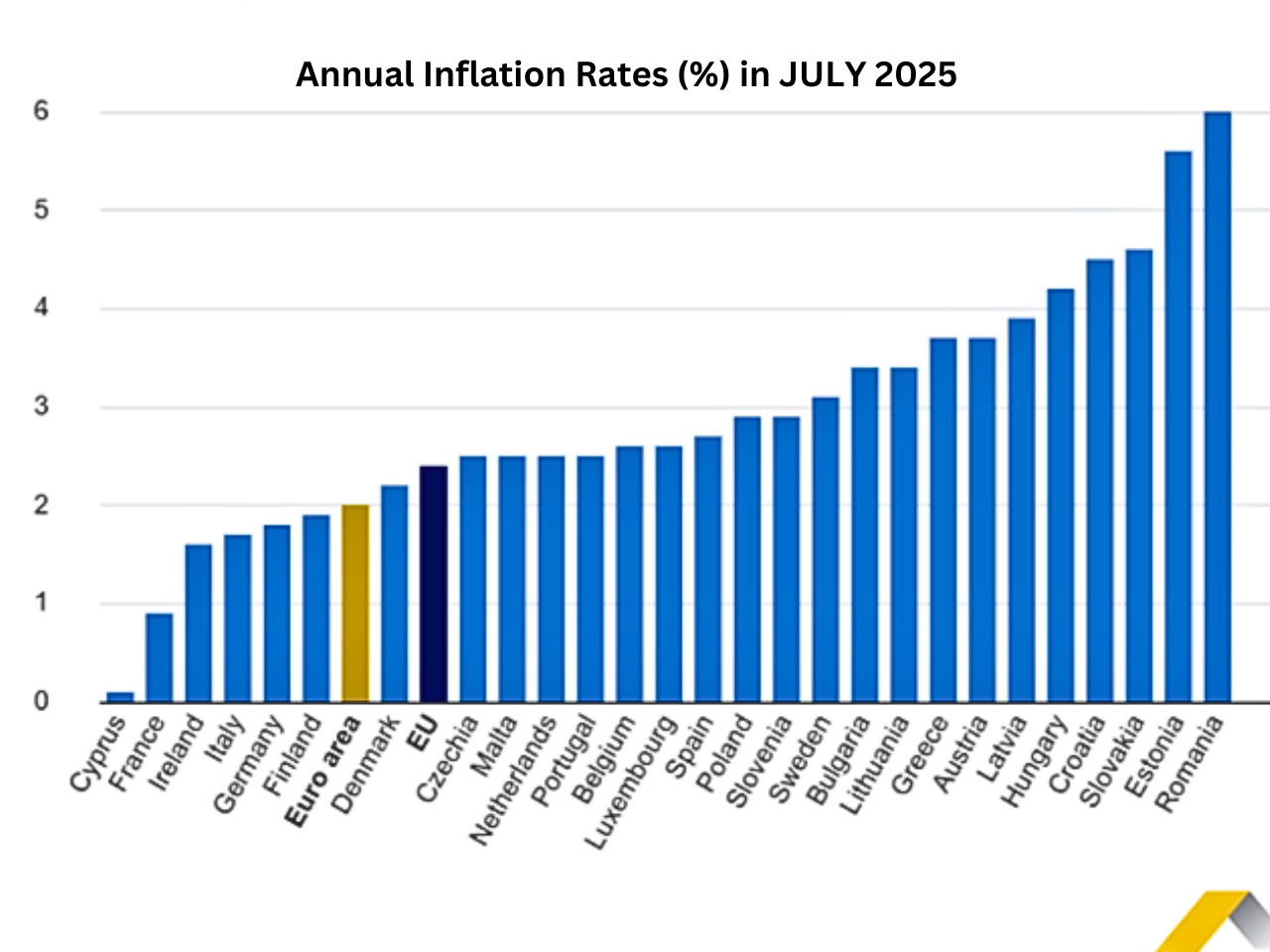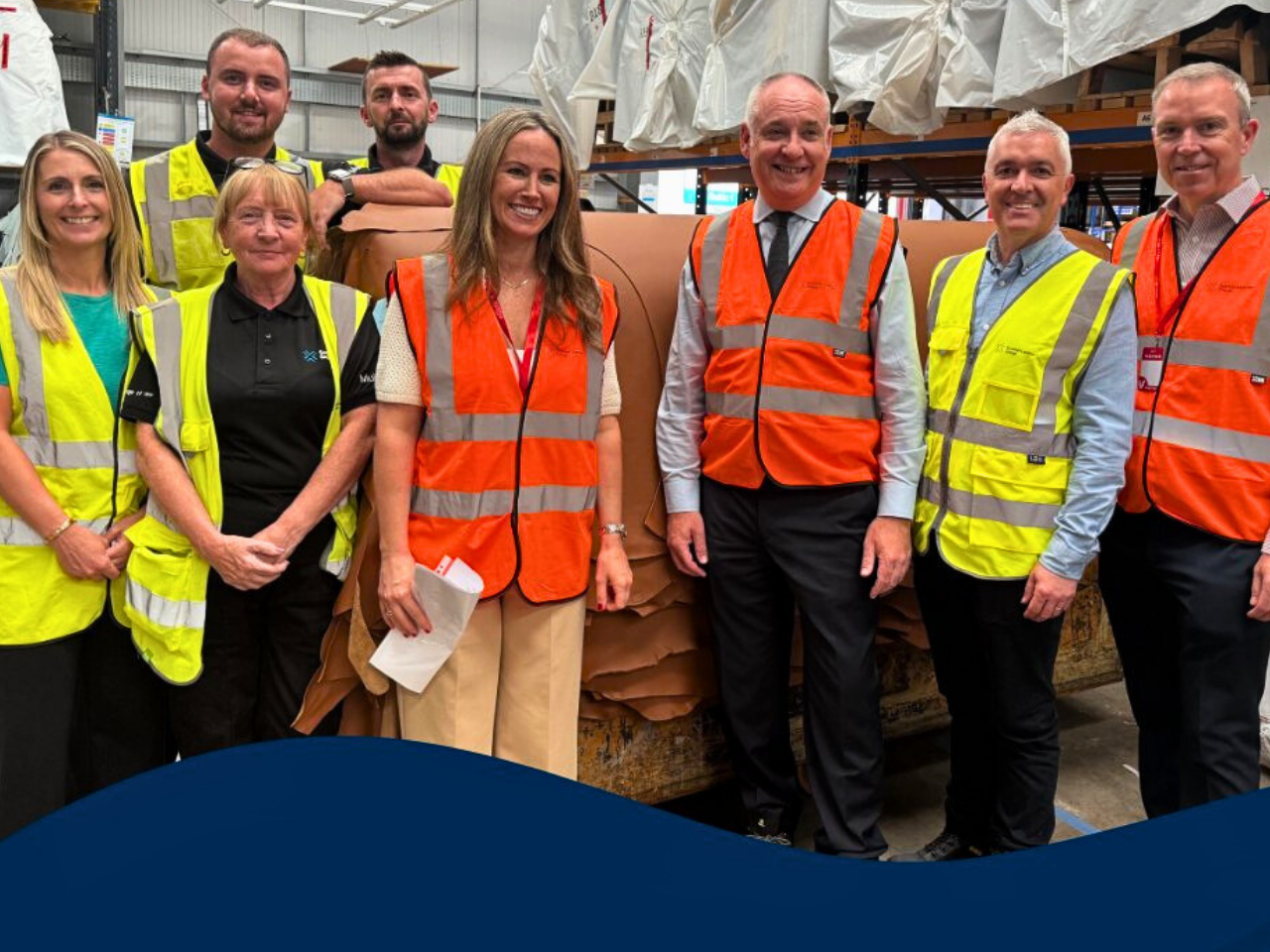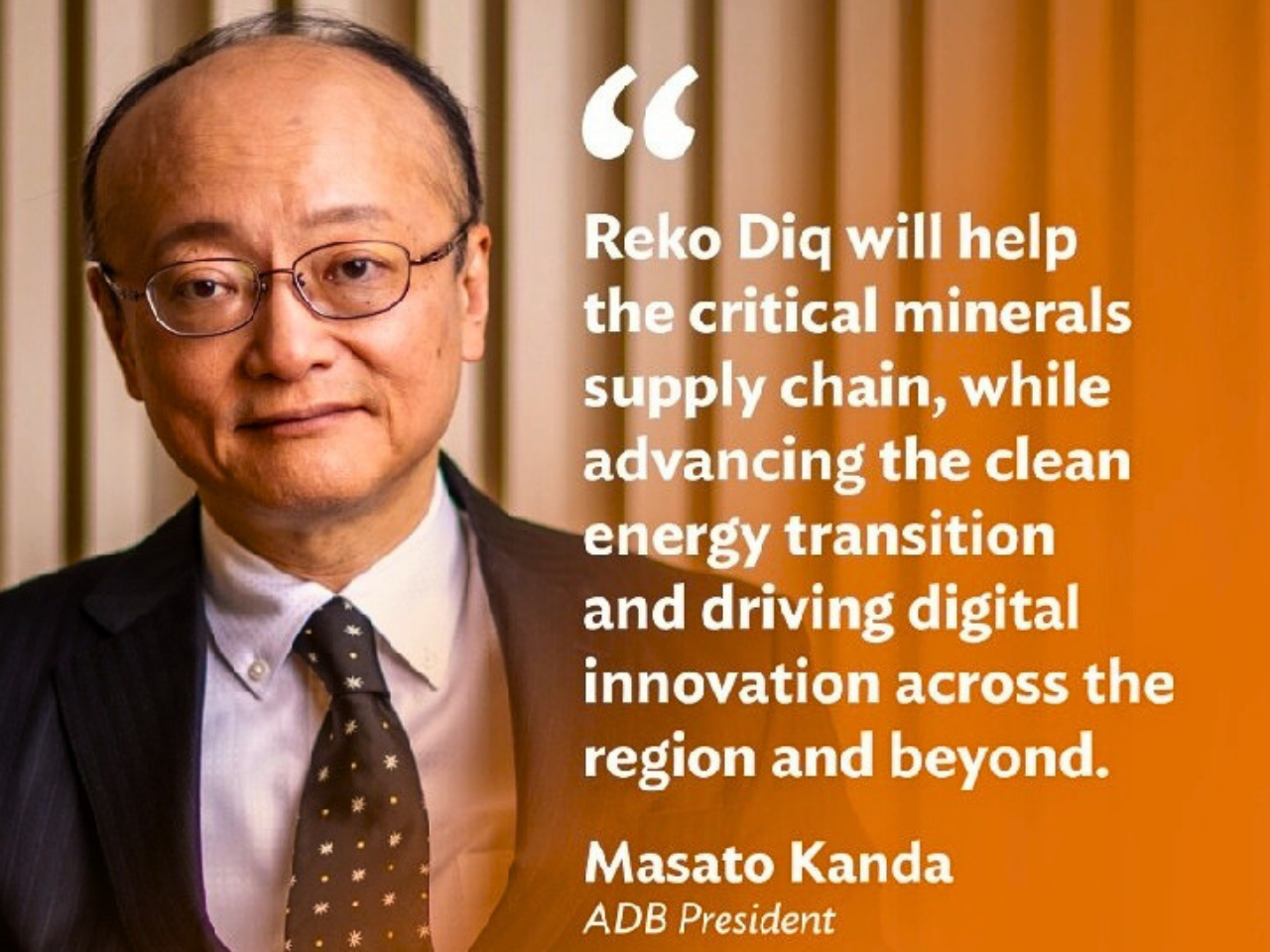ADB Backs Reko Diq Copper-Gold Project in Pakistan to Boost Global Mineral Supply
A significant approach initiated by the Asian Development Bank (ADB) for the Reko Diq copper-gold project in Balochistan, Pakistan’s province, The ADB role is to facilitate financial packages. The project is hoped to reopen Pakistan’s economy and expand the world supply of essential minerals. When completed, the Reko Diq will be one of the five largest copper mines globally, which is projected to start in 2028 and will proceed for about four decades. In every year the mine is expected to generate 800,000 tons of copper because copper plays an important role in clean energy methods, renewable energy turbines, solar panel installations, EVs, and batteries. To enhance the digital economy, it operates from database servers and energizes electronics to smartphones. By helping to overcome global copper deficiency, the mine will support both energy infection and technological innovation. $110 million for Reko Diq Mining Company Private Limited (RDMC) and Balochistan’s shared equity by the government and this amount of financial package provided by ADB.
To reduce investment risks and increase additional private capital is designed for an innovative system. Towards this development, Pakistan's history marks a remarkable place in the largest foreign direct investment, highlighting a growth in worldwide credibility in the country. Surpassing its international significance, the project is slated to deliver immediate benefits to local communities. Reko Diq is in one of the least developed areas of Pakistan and will affect the development of the regional economy and creation of thousands of jobs and provide funding for health, education, and women's programs. Barrick Gold Corporation controls 50% of share benefits resulting from the project, which includes the structure share from the ownership of RDMC, 25% of the entity controlled by the Balochistan government, and three federal state-owned enterprises controlling the remaining 25%. Development is being done under strong environment, social, and governance standards to ensure permanent operations. The project is the first under ADB's new critical minerals-to-manufacturing value chain framework, which aims to help the Asia-Pacific economies demanding the necessary resources to promote inclusive and permanent growth.
Latest News
Eurozone Inflation Holds Steady at 2.0%: Mixed Trends Across EU Member States
Inflation on an annual basis for the entire EU was 2.4%, which was likewise unchanged from June and only marginally higher than the 2.3% rate from the previous month. It was also lower than July 2024’s inflation rate of 2.8%. Inflation trends varied particularly across member states

Scotland Takes a Step Forward: £228,000 Fund Empowers Flexible Working Revolution
The Scottish government has introduced three pilot projects designed to assist individuals, especially people with disabilities and people with long-term health issues, in securing jobs, staying employed, and moving forward in their careers. Collectively, the programs will receive £228,000 in government support to encourage flexible working methods and increase workforce diversity in various fields

Finland & Ukraine Unite: Strengthening Ties for a Secure European Future
A strong partnership between Finland and Ukraine, including Finland's continuous support for Ukraine, the status of bilateral relations, intensive integration with the European Union towards Ukraine's passage, and Russia's wide international status of the ongoing war shaping the involvement of Russia


